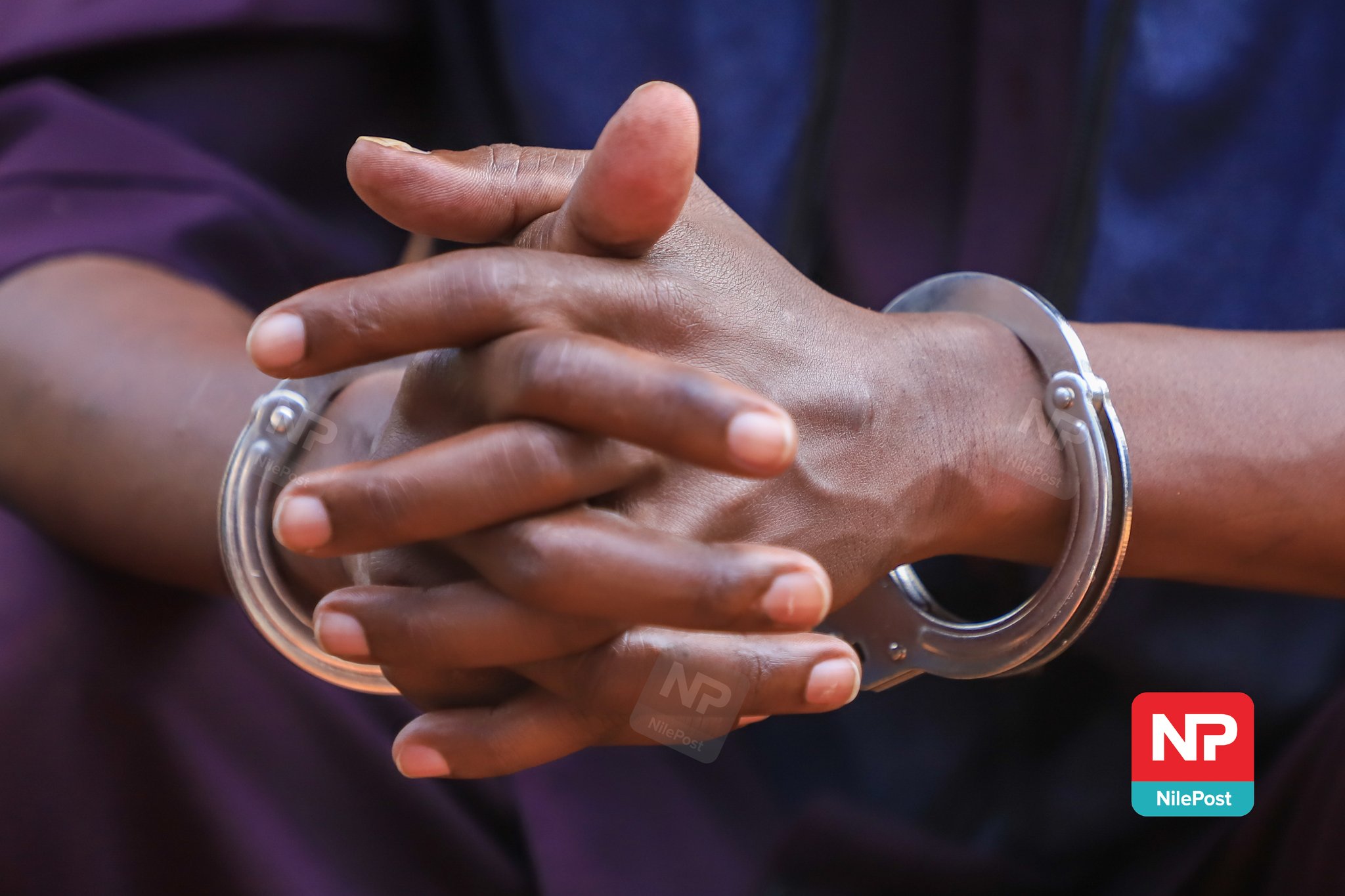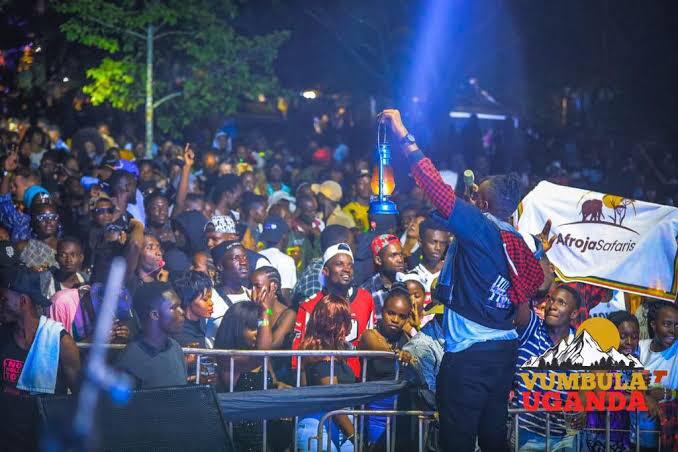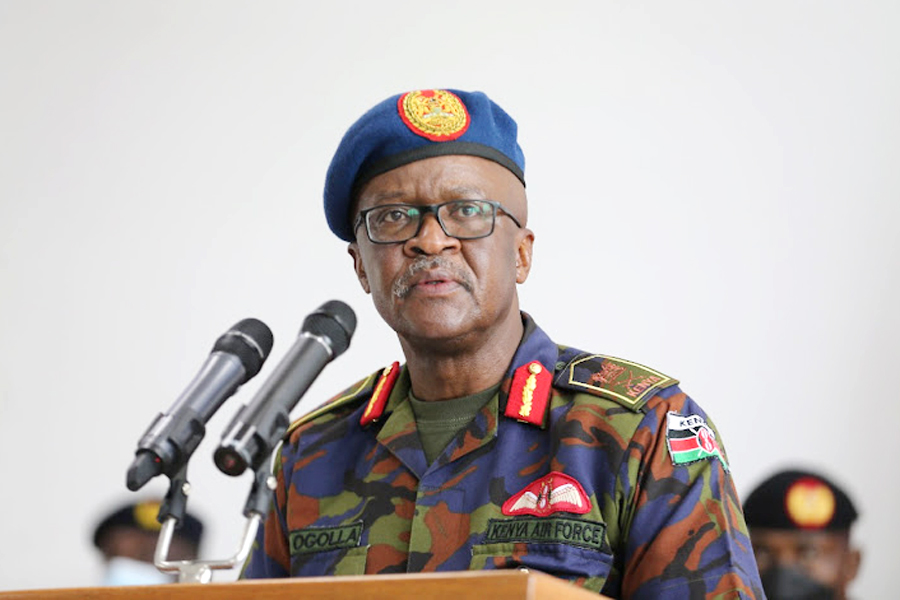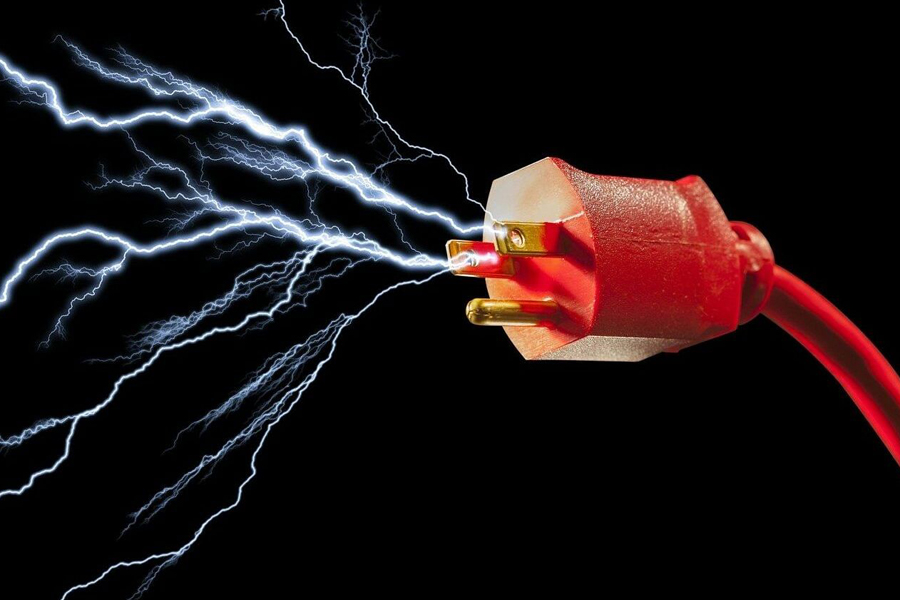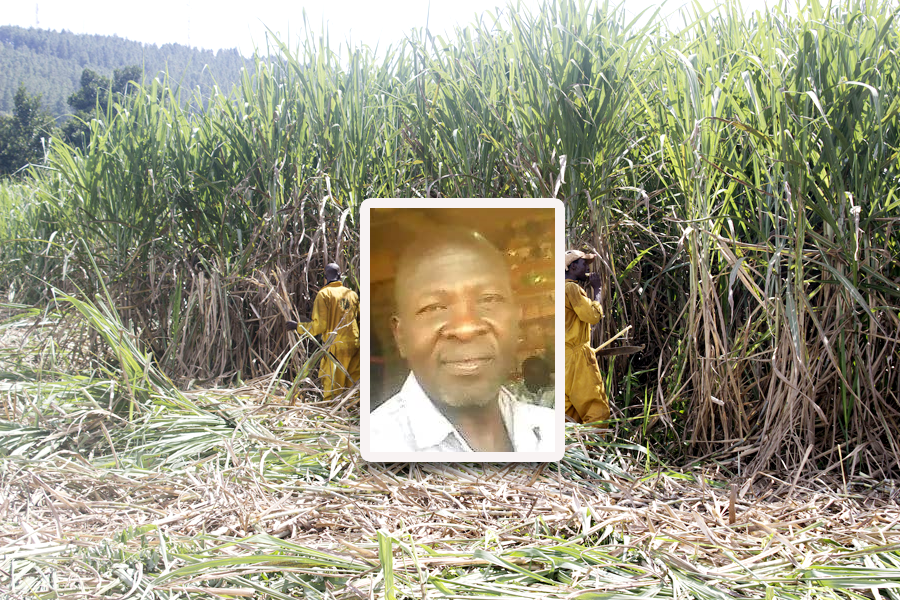OPINION: How Mengo frustrated Ben Kiwanuka from becoming prime minister at Independence
SAM MAYANJA
Benedicto Kiwanuka was elected President General of the Democratic Party on 2nd August 1958 at a Delegates Conference held at Tororo in the Eastern part of Uganda.
Soon after taking office, he issued a policy statement which alarmed Kabaka Muteesa and the Mengo establishment.
In that Policy Statement, Ben (as he was commonly known) stated that the aim of the Democratic Party was to achieve Uganda’s independence as one nation, that the DP did not support the idea of a separate independence for Buganda.
He stated that the DP believed that the whole of Uganda was to become independent together as one nation. He further stated that the Democratic Party believed in elective principles in democracy for Uganda and therefore supported direct elections to the legislative council of the Uganda Protectorate.
The legislative council was the budding National Assembly of a future Independent Uganda. This policy statement was diametrically opposed to what Kabaka Muteesa and Mengo stood for.
Mengo pushed for a separate independent state for Buganda away from Uganda, they wanted all elective positions to be by appointment including Membership of the legislative council and were opposed to political parties.
Benedicto’s stand therefore rubbed Kabaka Muteesa and Mengo the wrong way.
Benedicto’s stand on the traditional rulers in an independent Uganda also did not go well with Kabaka Muteesa and the Mengo establishment.
Benedicto Kiwanuka’s statements was that the Democratic Party would guarantee the continuation of their status after independence.
His policy statement on this issue was that, the traditional leaders were “guardians of culture and would retain their powers in their areas.”
Kabaka Muteesa and Mengo were alarmed by this statement.
To them, it meant that Benedicto Kiwanuka and his DP were excluding the Kabaka from the leadership of Uganda as a whole, condemning him to his “area” with somebody above him as head of the Uganda State.
The dilemma of Kabaka Muteesa and his Mengo establishment was how to stop Kiwanuka and DPs ascendance to the executive leadership of Uganda in an elective system where they did not command a majority.
To the Mengo establishment the answer was to scrap the elective principle itself at any cost. This attempt of scrapping the elective system put Ben and the DP on collision course with Mengo.
Ben and his Democratic Party could not compromise over a key principle of democracy.
As the sweep towards Independence advanced, the Protectorate government decided that it was imperative that elections be organized for the Legislative Council (National Assembly) so that Ugandans could play a role in the Executive Council of the Protectorate Government that would lead Ugandans to independence in 1962.
The elections were to be organized in 1961. Muteesa and Mengo Establishment had already made a decision to oppose direct elections and accordingly urged “the loyal” Buganda not to register for those elections.
However, Ben and his DP urged the DP to show vigour in the registration exercise. It was a very dangerous exercise in Buganda as the Mengo establishment used all the dirty tricks to prevent the registration from happening.
The would be voters were threatened with violence and in many cases the threats were carried out. Coffee Plantations were cut down, animals slaughtered, houses burnt and social ostracism practiced. Ben Kiwanuka and other DP leaders were denounced as traitors seeking to diminish the powers of the Kabaka.
The Mengo intimidation did not succeed in failing the registration exercise and now the Mengo Establishment moved to the next level of boycotting the elections and used all the machinery at its disposal to prevent the elections from taking place in Buganda.
The prestige of the Kabaka, the loyalty and devotion of the chiefs were all deployed to feed the public with the illusions that the wishes of Mengo would be fulfilled and that the elections would not be held.
Nevertheless, the elections of 1961 went ahead anyway as scheduled.
DP won twenty of the twenty one seats in Buganda gunning forty three seats country wide against thirty five of the Uganda People’s Congress (UPC).
The leader of the Democratic Party Benedicto Kiwanuka became the leader of the house (Legislative Council – Parliament) on 2nd July 1961, and on 1st July 1961 became Chief Minister of Uganda and in April 1962 the Uganda’s First Prime Minister.
The Mengo establishment was alarmed waking up to the possibility of Ben Kiwanuka and the DP leading the country at Independence.
Ben Kiwanuka and his DPs potential leadership posed a threat not only to the Mengo establishment but also a threat to all Protestant hierarchies in the protectorate, for it was now realised that on the British departure, the country would be left under the control of a catholic dominated government that might “wipe away the Protestant ascendancy thereby altering a system of conducting public affairs that had subsisted and undisturbed for some sixty years.
The concern of the Mengo establishment who stood to lose more than anybody in the Protectorate should the status quo be tampered with was also equally felt by the British rulers as well as by other Protestant regimes scattered across the Protectorate.
Kabaka Muteesa and his Mengo Establishment had to do everything possible to stop the Kiwanuka leadership to take the instruments of Independence.
Action had to be taken very quickly and on the day that Ben Kiwanuka and the DP were voted in office, Milton Obote received a telephone message from the Kabaka’s office asking him to get there immediately.
When Obote met Muteesa, the latter said urgently “We have to defeat them [Ben and the Democratic Party]”. Obote replied that it was too late and told Kabaka Muteesa that by urging his subjects to boycott the elections he had paved the way for the DP victory. It is said the two slept in the Kabaka’s office that night.
What emerged from that trans night meeting was the strategy to defeat Ben Kiwanuka and the DP. The answer was in the formation of a new party to be known as the Kabaka Yekka KY (Only the King).
The agreed strategy was that KY would operate exclusively in Buganda and UPC exclusively outside Buganda, then the two would merge their votes to defeat Ben Kiwanuka and his Democratic Party.
For the Mengo establishment, this was a major policy change in view of venomous hatred that the Mengo establishment had always haboured towards political parties.
However, true to their character, the Mengo establishment did not call it a “party” but a “movement”. The idea of calling it “Kabaka Yekka” was to ensure unfretted support of all Baganda for the party in view of the enormous prestige and appeal which the Kabaka enjoyed in his subjects.
The KY Party was assured of success in Buganda against the DP as it was given all the manpower and funding from the Mengo government. Meanwhile, the Buganda population had not recovered from the intimidation and harassment suffered by those who dared to register and vote against the boycott of Mengo.
In their trans night meeting, Edward Fredrick Muteesa (known as King Freddie to his friends) made it clear to Milton Obote that he wanted to be President of Uganda and Kabaka of Buganda at the same time, and not only as a cosmetic, gun salute president at that, but wield executive authority as well.
Milton Obote wanted to get into power by all means and an alliance with Kabaka Muteesa was the only opportunity available to him at that historical point in time.
Kabaka Edward Muteesa was now referring to Milton Obote as his friend and “the obvious and best allay against Kiwanka and hated DP.” With the UPC/KY alliance now the political reality, Kabaka Muteesa could now face Ben Kiwanuka and the DP in an election.
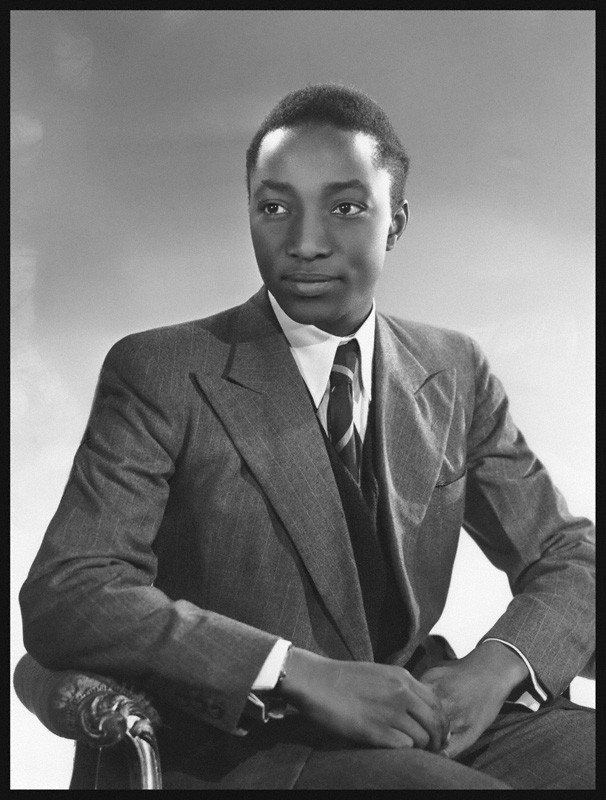 Kabaka Muteesa
Kabaka Muteesa
Mengo establishment therefore demanded another election before Independence. To ensure that all the MPs in Buganda went to KY, the Mengo Establishment made another demand that the MPs from Buganda were to be elected indirectly by the Lukiiko constituting itself into an electoral college.
The Anglican Church and the British Protectorate Administration supported these demands.
Ben Kiwanuka and the DP were facing very formidable enemies.
The entire forces at work included the Anglican Church, and the Protectorate Government all bent on ensuring that Ben and his DP were not in power on the Independence day.
Ben noted that the granting of indirect elections to Buganda marked “the highest degree of Political Chicanery so far known on the altar of principles under imperialism”.
By allowing the Mengo establishment to have indirect elections in Buganda, the DP had been successfully excluded from competitive politics in Buganda, a region in which the party had the greatest support.
It became clear to Ben Kiwanuka and the DP that the proposed April 1962 elections would be lost in Buganda and the party be out of power.
The general elections were held as scheduled, the outcome outside Buganda gave UPC 472,256 votes translated into 37 MPs. The DP got 472,256 votes giving it 22 MPs.
In April 1962 the Lukiiko constituted itself into an electoral college and rubber stamped the 21 MPs, sent to it by the Kabaka for the National Assembly.
If there had been a straight fight in Buganda, without any interference from Mengo Establishment, it is very likely the DP would have won the election. The DP adding the twenty one seats from Buganda to the twenty two seats from outside Buganda, Ben Kiwanuka and the DP would have won the country wide vote with 43 MPs against UPC’s 37 MPs. But as it was, the Lukiiko’s handpicked 21 MPs joined those of UPC and the UPC/KY Alliance assumed power with the UPC Leader Milton Obote as the Prime Minister.
Ben Kiwanuka and the DP bowed gracefully out of “Power” at the end of the April 1962, and by October 1963, Milton Obote had pushed through the National Assembly the candidature of Kabaka Muteesa unopposed for endorsement as President of Uganda.
Kabaka Muteesa had succeeded in preventing the DP from being in power at Independence and Ben Kiwanuka from being the Prime Minister on that historical day of 9th October 1962. Ben’s fault was that he chose to be honest at a time when it was not politics to be honest.
It was the truly high price of principles.
Kiwanuka found it difficult to help Buganda when none at Mengo would even speak to him.
As the leader of the Party in the opposition, Kiwanuka continued the rallying cry of truth and justice.
Many years later when Field Mashal Idi Amin demanded that Ben signs a false document to gain his freedom, Kiwanuka told the President, “I cannot tell a lie to the world,” upon which the Dictator shot him at point blank.
The bullet or bullets shattered Ben’s body but missed the heart, because the heart can only be touched by the word of truth and justice.
In life, Benedicto Kagimu Mugunda Kiwanuka lived a life beyond the reaches of small minds, now he belongs to the ages forever in supreme adoration of the real hand that rules the world – the hand of God.
The author is a senior partner at Kampala Associated Advocates.



